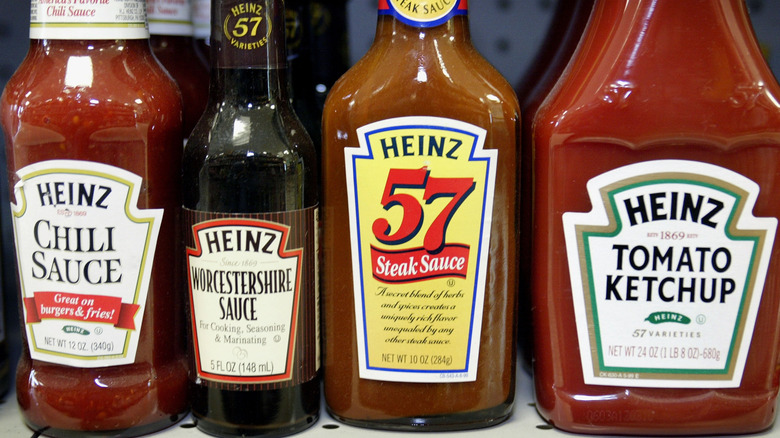Are Store-Bought Condiments Considered Processed Food?
When you grab any of the different kinds of mustard, ketchup, barbecue sauce, or salad dressing off the shelf, do you ever wonder if they're classified as "processed food"? I know it never crossed mine, because who even considers condiments as food? It's not a drink, and it isn't a main course that you can eat. It's a sauce. But none of that really matters because in the world of food classification, condiments often fall somewhere on the processed spectrum. The key is how far they're changed from their original ingredients and what's added during production.
A processed food is one that's been altered from its natural state, which means that all condiments are technically processed foods. Mayonnaise doesn't grow on mayonnaise trees, after all. "Processing" includes procedures like canning, cooking, fermenting, or mixing with ingredients like preservatives. Not all store-bought condiments are processed in the same way, though, and some have more additives than others.
How condiments get processed (and what that means)
Your most mouthwatering sauce recipes likely start with base ingredients like tomatoes, mustard seeds, butter, flour, oil, or vinegar. Manufacturers add ingredients such as sugar, salt, oil, thickeners, preservatives, flavor enhancers, and stabilizers to make their condiments consistent, palatable, and shelf-stable. For example, ketchup might start with tomatoes, but in the factory, it's cooked, strained, sweetened, and treated so it pours smoothly and lasts longer. Mustard, meanwhile, might be ground, mixed with acid and oil, emulsified, and then bottled, but every step (heating, emulsifying, stabilizing) adds to the "processing" level.
Another clue is ingredient lists; simple condiments have short lists — Grey Poupon dijon mustard, for example, contains water, mustard seeds, white wine, and salt, as well as an acidity regulator and a preservative. More complex condiments include ingredients you might not recognize, like xanthan gum, colorants, high-fructose corn syrup, and artificial flavors. Those extra bits push a condiment closer to what some call "ultra-processed." In fact, many authorities list condiments like ketchup or salad dressings under examples of processed or ultra-processed foods that many dieticians claim are unhealthy for us.


